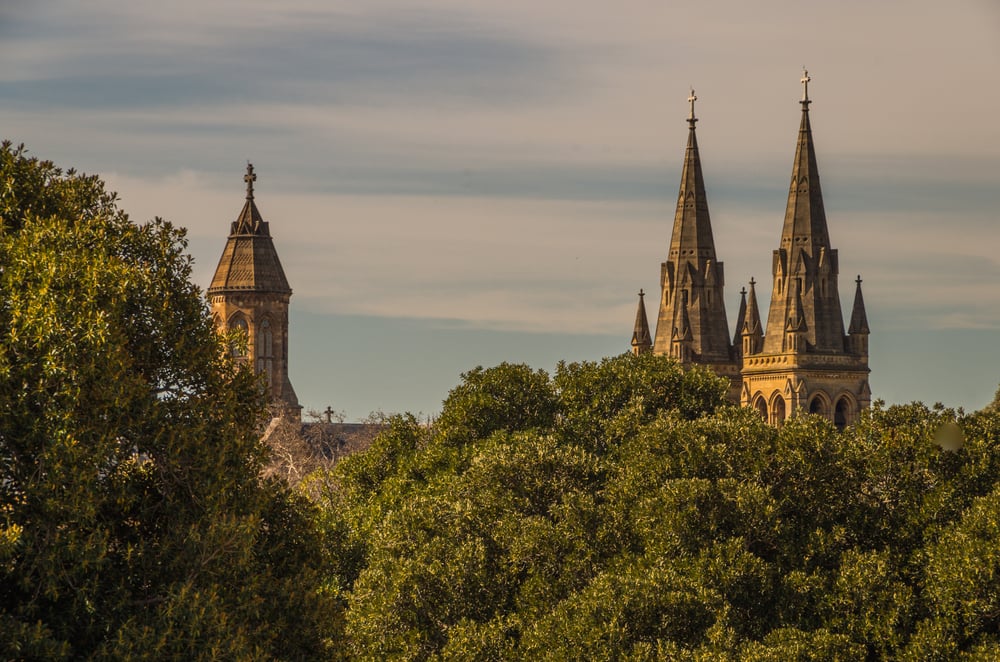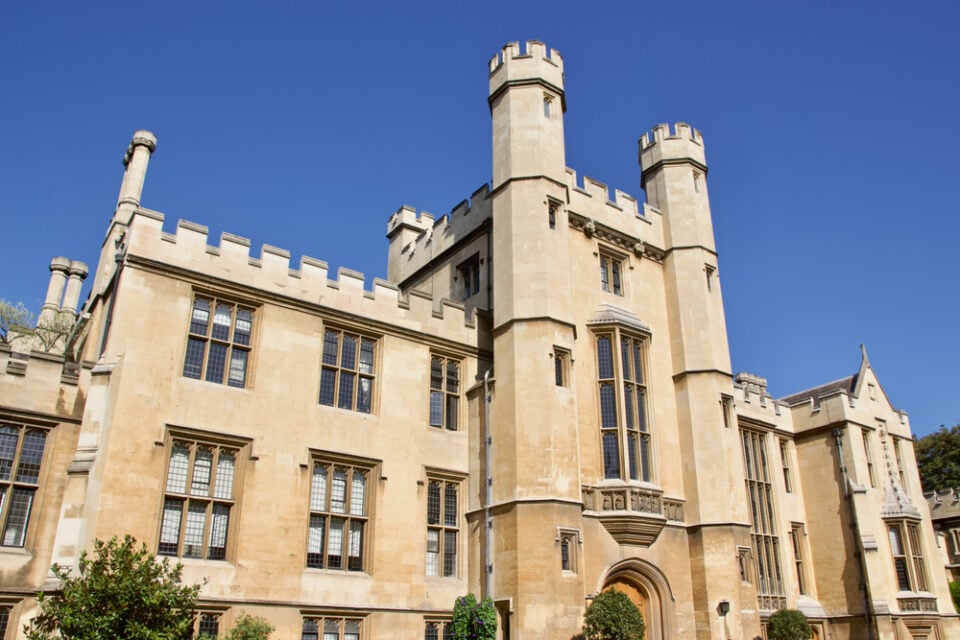A vision for change in the Diocese
By Angela Evans AM
The Adelaide diocese could really help more people, especially those marginalised and disadvantaged – and simultaneously claw back some relevance and value across the wider community.
Clearly, this is an opinion piece, giving readers a poke to think otherwise about the diocese, and the ‘church’ as a whole.
If you think that everything in the diocese is fine and dandy as it is, then don’t bother to read any further. If not, you might consider some of the following.
Money, money, money
Everyone needs money to live day-to-day with some reserves for ‘rainy days’. This includes the church. But when is enough, actually too much?
Like all organisations, the church needs money to function but the church has millions of dollars in reserves. Increasingly, I have questioned the structures and rationale which maintain this position, juxtaposed against rising homelessness, domestic violence, and food shortages – especially.
Coming, ready or not
Trends show that church attendances continue to decline (less than 5% of Australians are ‘regulars’).
The costs of owning church property are large and increasing (eg maintenance, energy, insurance). How long will tax exemptions continue for churches?
This is all tough on shrinking, ageing parishes. It saps the energy of all who are trying to simultaneously cut costs, grow attendances, prioritise maintenance and serve their very dear parish communities.
Dreaming back to basics
Adelaide is a great city – allegedly 20 minutes to and from everywhere, if you believe the Fringe Irish comedians!
So, imagine this as a futuristic sketch of the diocese. Form just a handful of communities from existing parishes which share locale probably more north-south, than east-west and central.
To get there, lead and support current parishes to pray deeply. Then, when/if they wish to talk with neighbour parishes join together and share wider partnership with the local community and local businesses (model-wise, think co-operatives).
Off-loading properties would free up funds, avail sites for ‘green spaces’ and potentially social/affordable housing and, most importantly, bring people together.
It could be beautiful, inclusive, prayer-filled, relevant and provide jobs for people in need of both employment and support. It could even bring in people who want something more in their lives, a deepening place, with others. More than a social club, more accessible for 21st century pilgrims, and a place to give thanks for life, in all forms, amid pain and challenge, joy, and wilderness.
Take a glimpse at:
– tree covered spaces, productive food gardens, local cottage-type artisan industries
– possibly located within Anglican within schools, and aged care homes
– libraries with book groups, lectures, readings, writing groups
– halls for musicians, dancers, gym, pilates, yoga; community concerts
– churches full of daily prayers, poets, artists, and singers
– adopt the NZ prayer book or similar ‘real language’ accessibility
– recognise the traditional lands for Kaurna people and learn
– shower and laundry facilities, a daily free/shared meal, a local cafe
– rainwater capture, solar/wind renewable energy
– vintage/swap/repair shops
– monthly markets, fresh local produce
– e-bus transport, bi/tricycle path access
– shady gardens for prayer, music, parties, book launches etc
– tennis courts, walking groups, run clubs
The ‘big ticket’ items for change (in no particular order)
Rationalise the church’s wealth and property interests and prioritise people, especially contemporary ‘widows and orphans’, the legacy work of Julia Farr and the charge of the radical young Jesus.
In doing so, there could also be considerable economic benefits in off-loading rising costs, and giving life to reformed communities which could manage themselves as coops obviating the need for a centralised church office and thus freeing up more funds.
For those still reading – a few more encouragements:
- Share resources across sites – each ‘managing’ specific areas/portfolios, eg mission, safe ministry, admin, education – led by senior personnel (ordained or lay).
- Divest – properties, share portfolios (‘not of this world’). Ensure all investments align with espoused values. It simply isn’t ethical to profit from fossil fuel industries, and simultaneously, seek donations for solar panels, and preach creation care.
- Radical renumeration – Pay all clergy and lay staff equally/properly (eg $150k pa) and let them sort out their own housing needs. This would attract younger people, and walk-the-talk in an exciting way.
The advantage of Adelaide as a ’20 minute city’, the WFH era and online meetings makes this easy and grounds ordained/lay people, and families, locally.
Is the will and vision there?
This is all possible.
Structures assembled can be dismantled if the will and vision is there. Those with vested interests might be relieved?
The basic Christian way needs room to re-emerge. It’s time.
So many people are searching, so many are suffering, social cohesion is diminished and the church is lost.
From a movement originally formed to challenge and overturn unjust structures, the institutional church has strayed a long way from the ‘first shall be last’, as the diocese has become corporate, comfortable, monetised and complicated.
We need real communities for everyone and anyone, where language is plain and understood.
Given everyone is God’s image and love, the fabricated hurdles around gender and sexuality have to fall for the church to be resuscitated and to once again become a good place for everyone.
All IMHO.
Amen.






